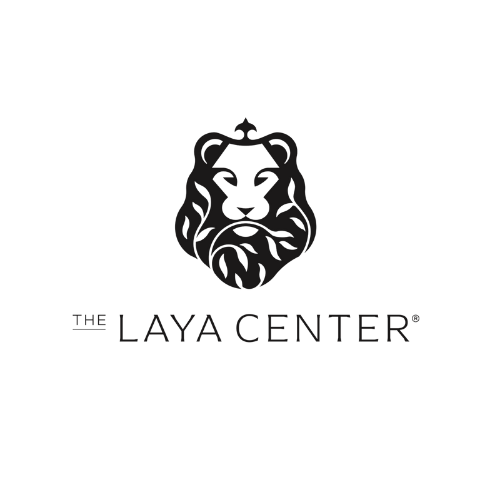THE AFRIVEDIC ANOMALY
The Laya Center is introducing a new Africentric System of healing to the world. If you have ever indulged in these services or products (made by owner under the Herban Brand), then you may already be familiar with the term Afrivedic, which is the descriptor of the healing formulas being used universally throughout their wellness center. From a variety of Chakra Energetic Teas to Fireberry®, the choices for wellness range from daily well being to treatments for specific ailments. The innovator and creator, LaToyia Mays, has two very specific lineages in mind when using the term Afrivedic and creating products based on intuitive strategies. Let’s delve deep into why their offerings include Therapeutic, Medicinal, and Esoteric properties. This article will give you a little more insight into the mind & method.
We will start with the term Afrivedic. The prefix Afri is grounded in African History and uses African value systems to contextualize experiences. The prefix Afri is reflective of both culture and continental origin (Ellis, 2013). Africentrism differs from Dr. Molefi Kete Asante’s more commonly used term Afrocentric mainly because of its grounding in the Swahili Nguzo Saba. Both terms assert that philosophy, and traditions are rooted in the authentic lived experiences of African Americans, and people of the African Diaspora.
Moving on to the second half of the term, Vedic is derived from Indian culture. The Vedas are the oldest texts in Hinduism, which date back over 5000 years. The veda knowledge or wisdom aims to create balance while restoring optimal health, and yoga is the sister science. Ayurvedic practitioners would prescribe a regime of treatment that paired with a yoga practice. An ancient tradition of Ayurvedic medicine is rooted in the science of creating an environment in the body where stress and other manifestations of evil cannot grow. The prefix Ayus means life. So together, Ayurvedic is the knowledge of life. When we merge the Africentric tradition with Ayurvedic knowledge, the Laya brand emerges. Just like the two lineages it honors, The Laya Center also offers opportunities for yoga practice, like Yoni Yoga, which incorporated a study of the Seven Orishas (African Centered word for Chakras).
Afrivedic products from Herban Brand utilize very specific Yorubic traditions to create its product line. Delving back into the Africentric lineage helps us understand the importance of Yoruba culture. Yoruba is an ethnic group located in West Africa. The countries that this ethnic group inhabit include Nigeria, Benin and Togo. Traditions and Rites of Passage are a very unique part of the African Diaspora. History tells us that this group of people have a long lineage of development of indigenous medicines.
Let’s break down Yoruba culture as it pertains to healing systems of the body. Yorubic medicine is an artful practice of herbology. The roots of origin are in the Ifa Corpus, which is a religious text revealed by the mystic prophet, Orunmila, over 4,000 years ago. This history started in the ancient city of Ile-Ife, modern day Yorubaland. Since the forced migration of people during the Trans-Atlantic Slave trade, within the last 400 years this healing system has also been practiced in the day-to-day lives of individuals in the Caribbean, and South America. Because of the traditions brought over by African slaves arriving in the Americas and other places throughout the globe, we are able to take advantage of these ancient patterns of practice.
It is believed that the Yoruba, in ancient times, lived in ancient Egypt before migrating to the coast and further West. This would explain the emphasis on Orishas (chakras), deep rooted scientific studies, and connection to yoga or essential movement of the body. As the science relates, “According to Yoruba medicine Elegba (sympathetic and parasympathetic nervous system) and Ogun (heart, kidneys) divinities govern these two aspects of the body.” (Sawandi, 2002). The parasympathetic system calms down the body and our sympathetic nervous system is responsible for the flight or fight responses. Yoga and movement help activate the parasympathetic. This is a very brief overview of an illustrious, scientific, Diasporic History. We will continue to delve deeper into this science in our monthly features! Join Laya's online community, The Freedom Haus, for more self study and ways to attribute Afrivedic methods to your lifestyle.
References:
African Medicine: A Guide to Yoruba Divination and Herbal Medicine
By Tariq Sawandi
Integrating Aesthetics: Transforming Continuing and Professional education through Africentric Practice
By Dr. Auburn Ellis
Ayurveda for Life : A Beginner's Guide to Balance and Vitality
by Monica Bloom
THE HOUSE THAT LAYA BUILT



